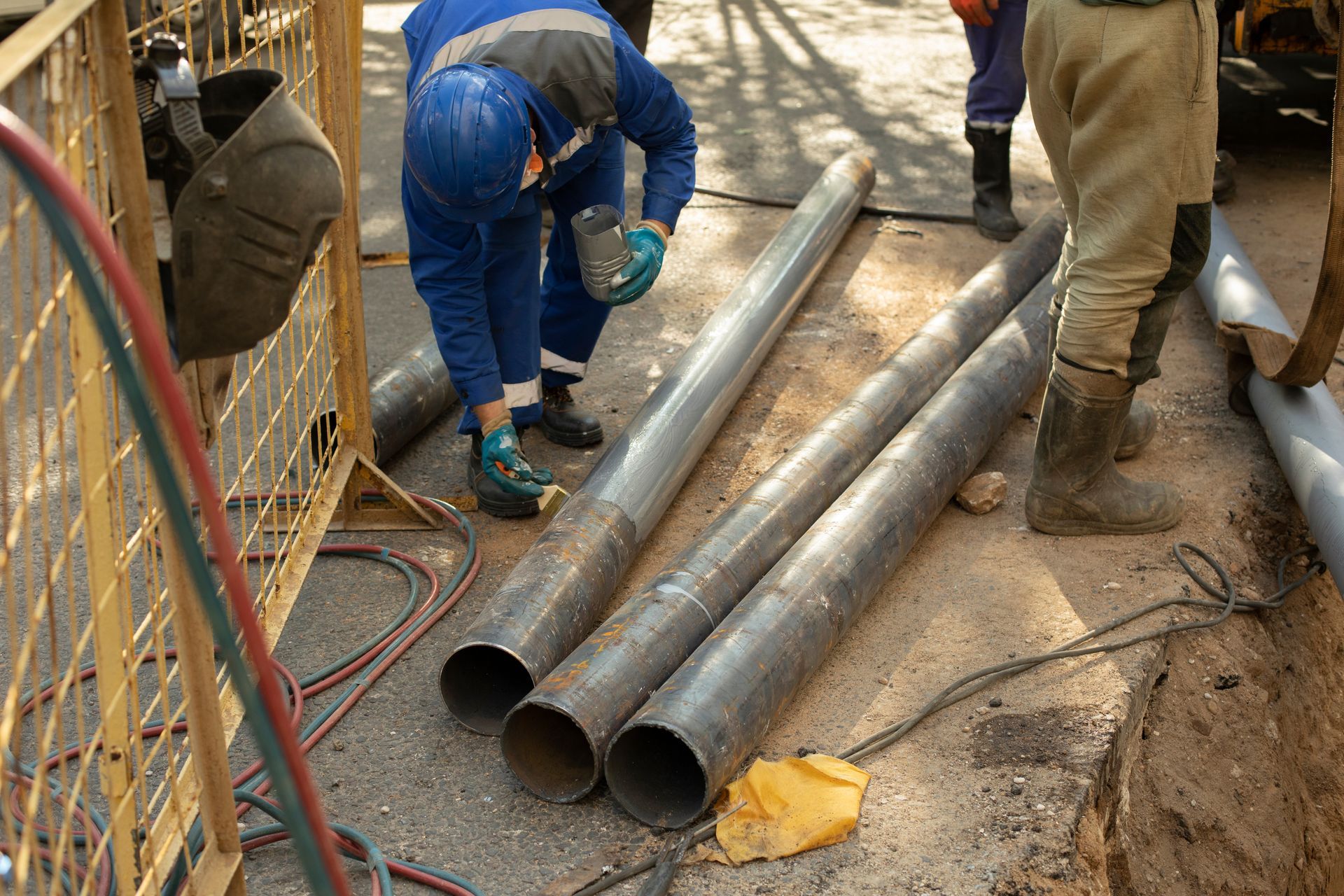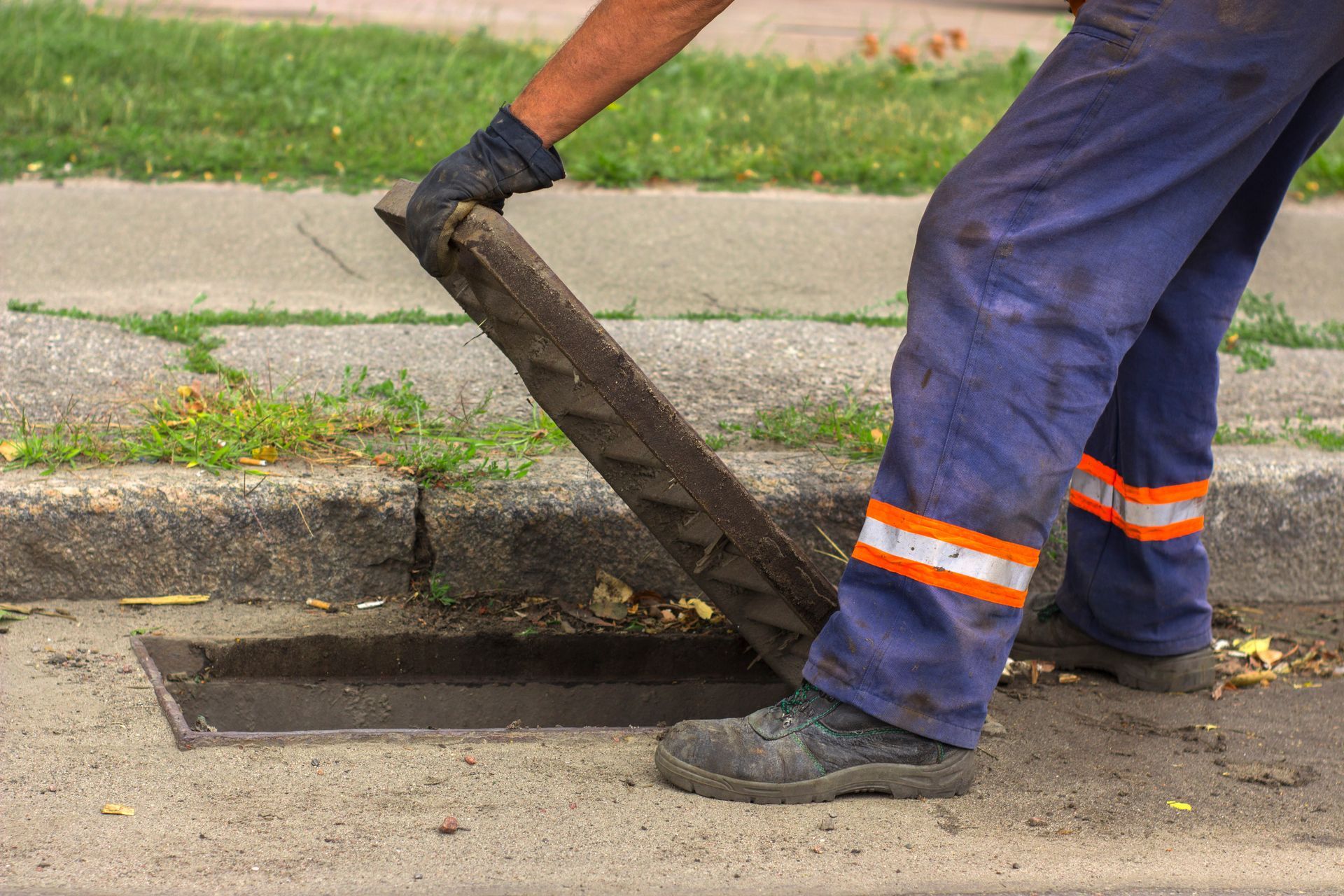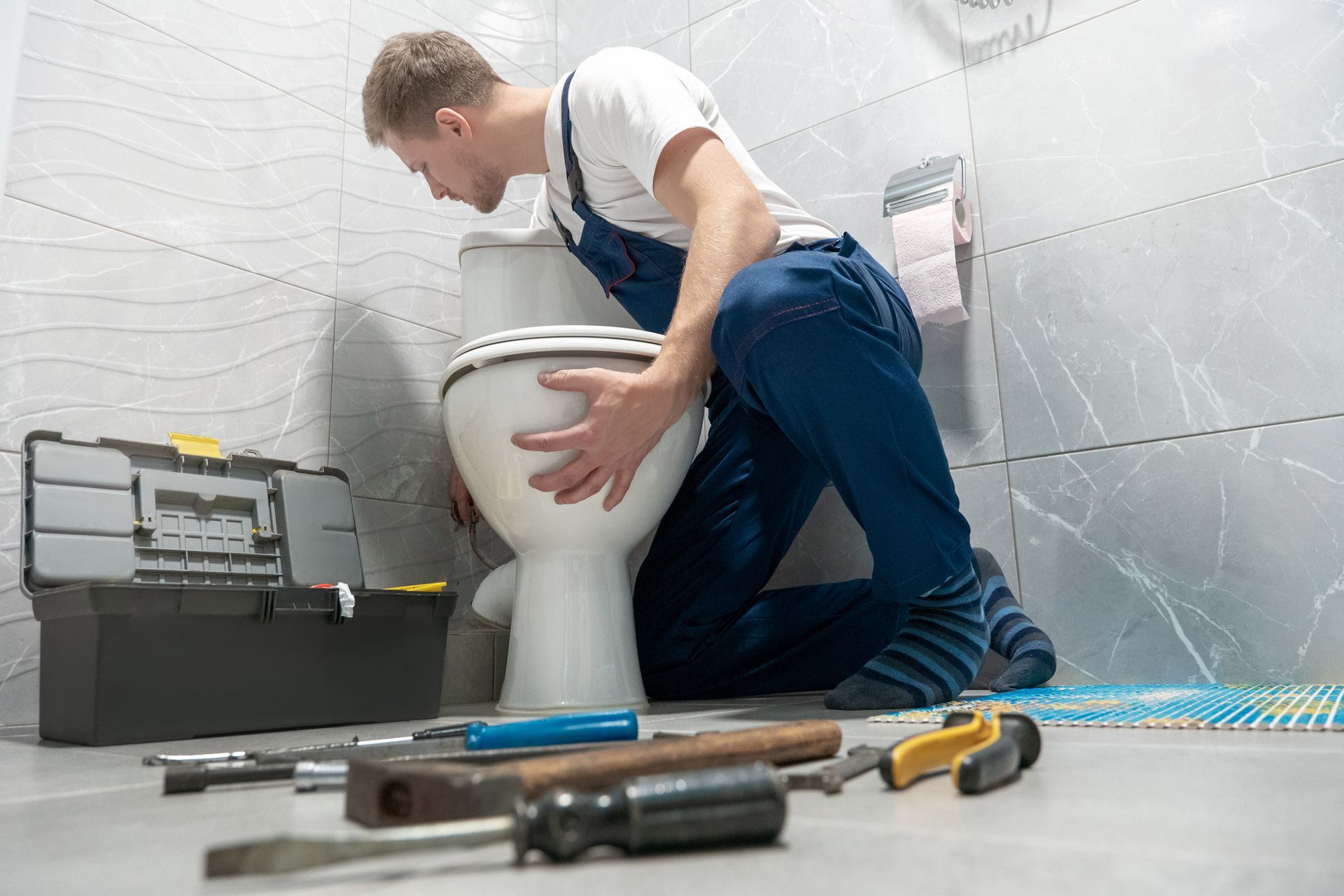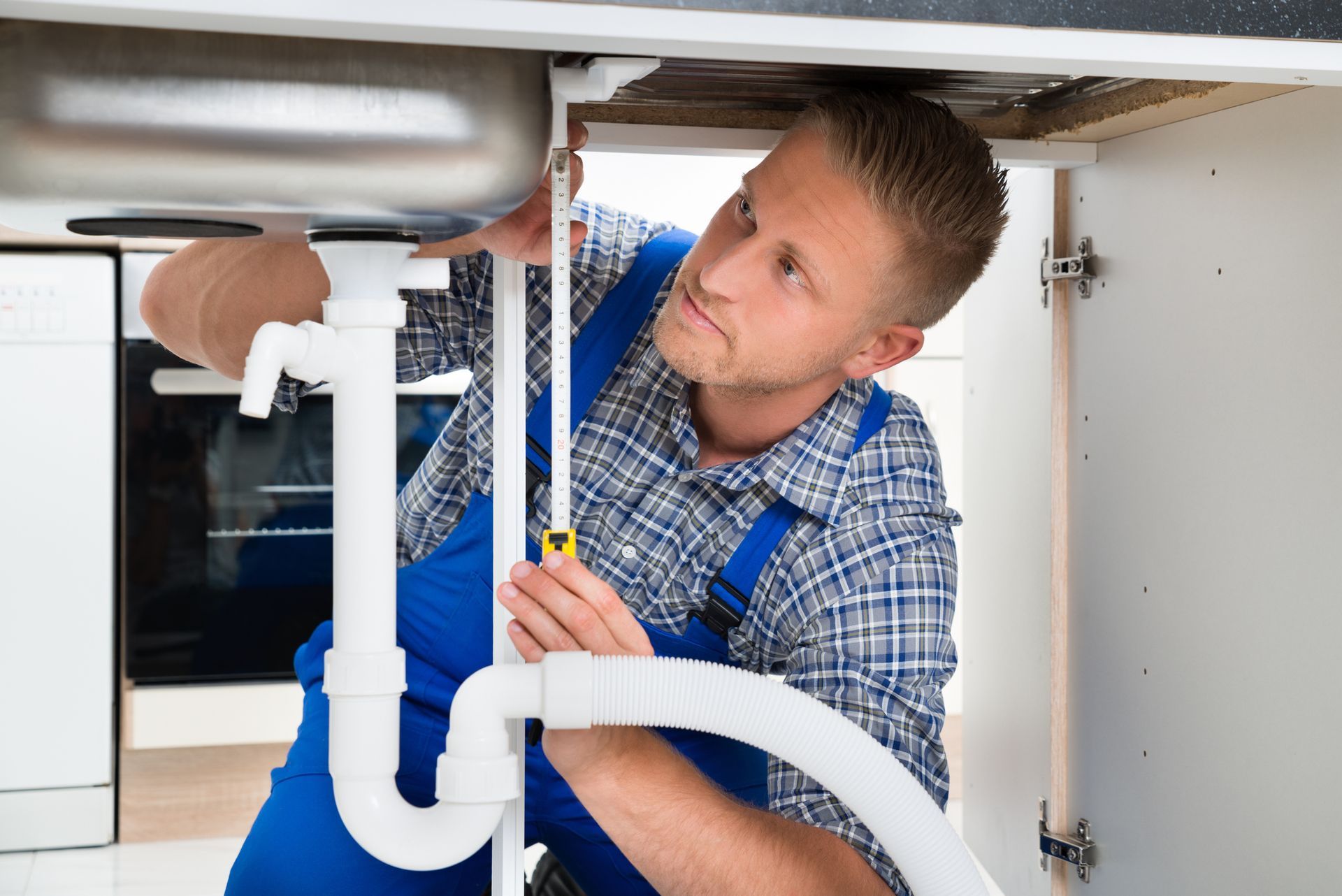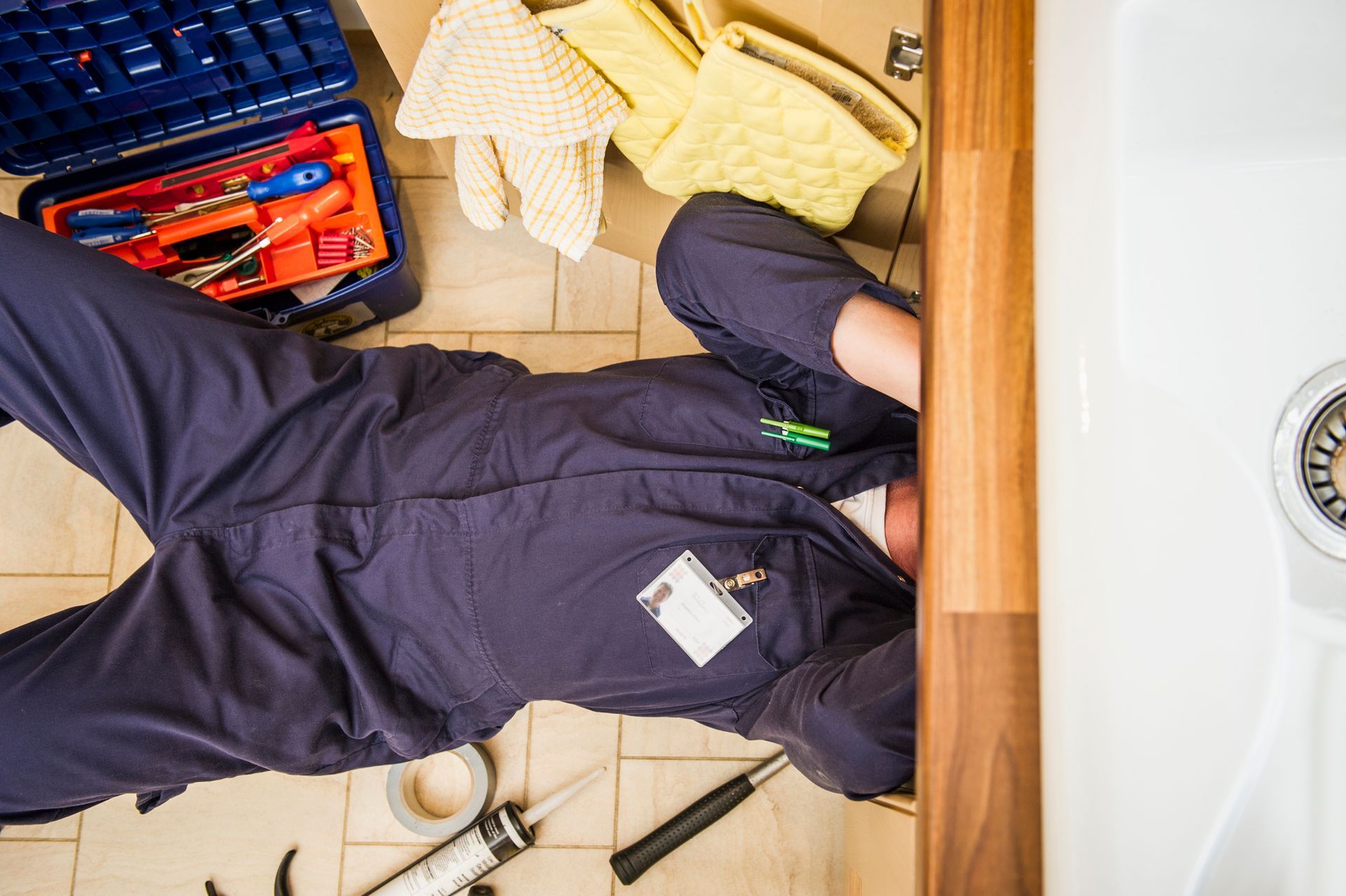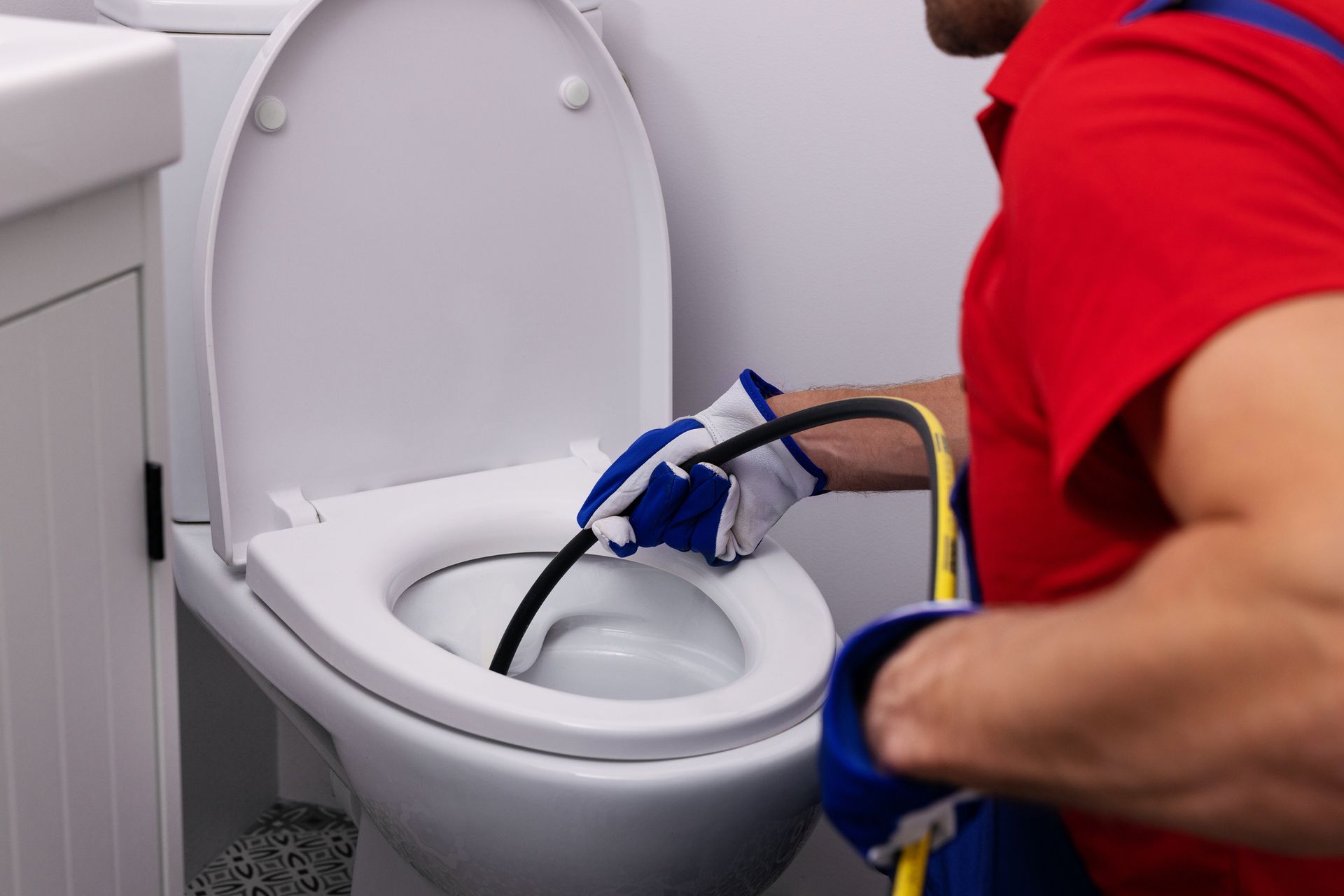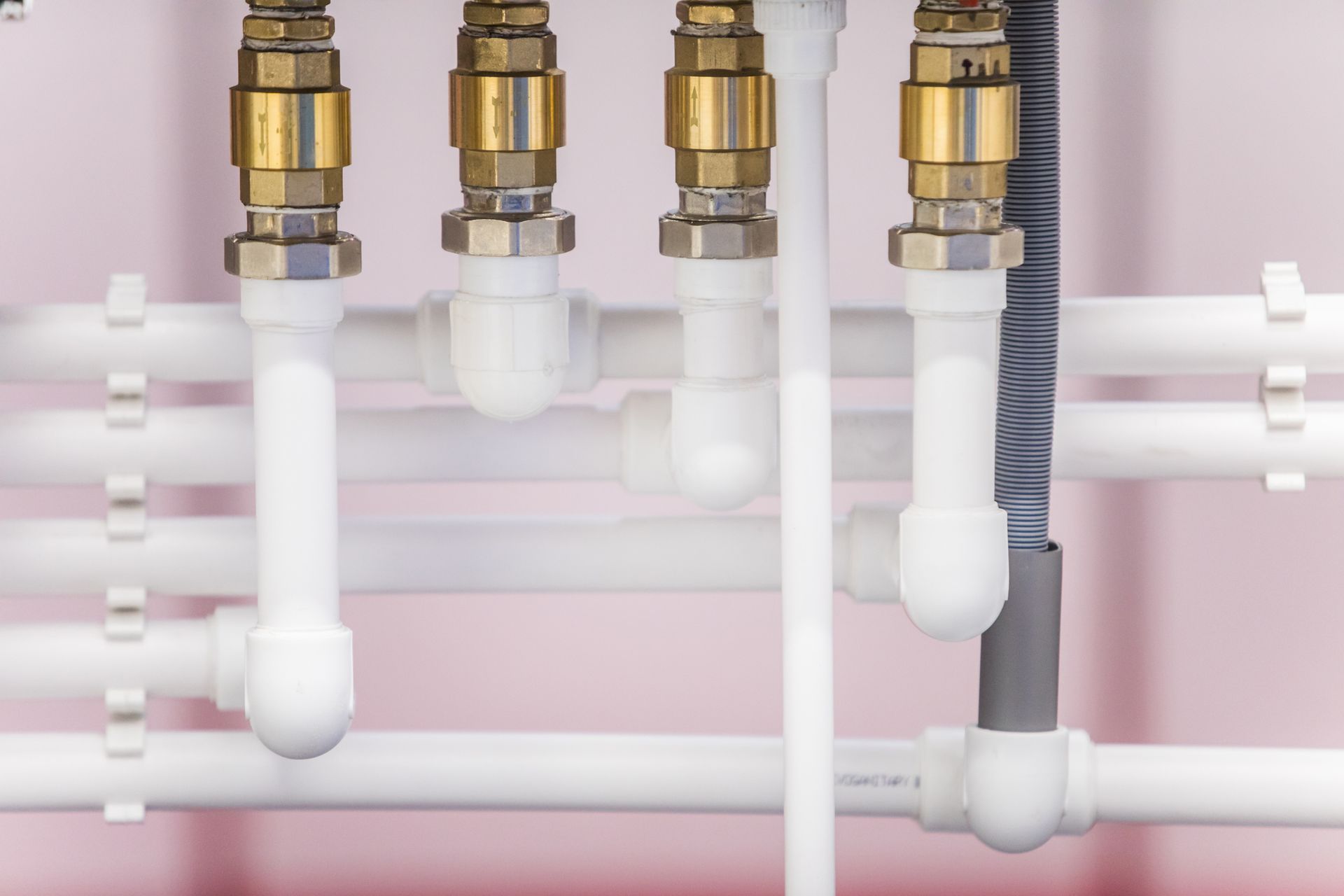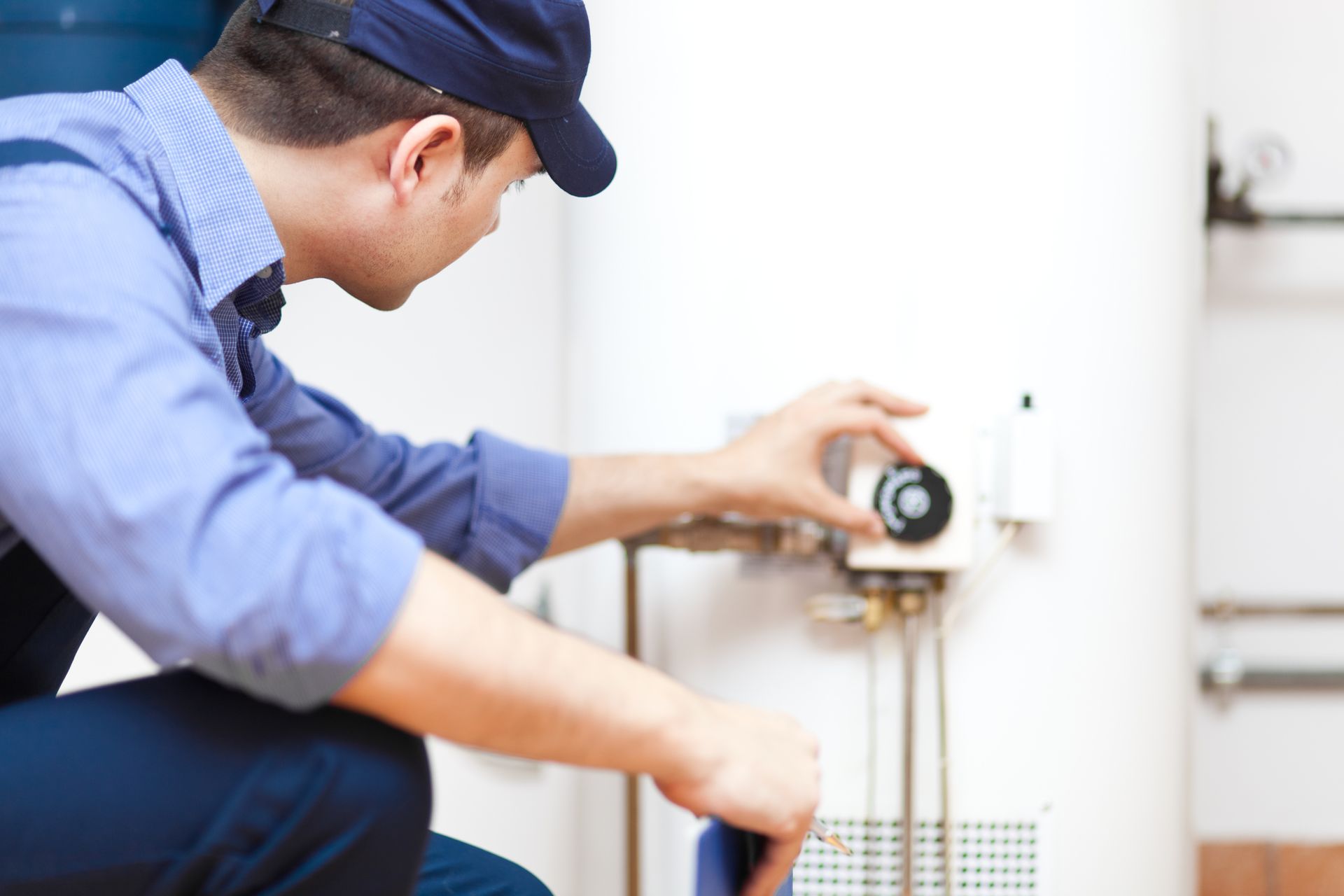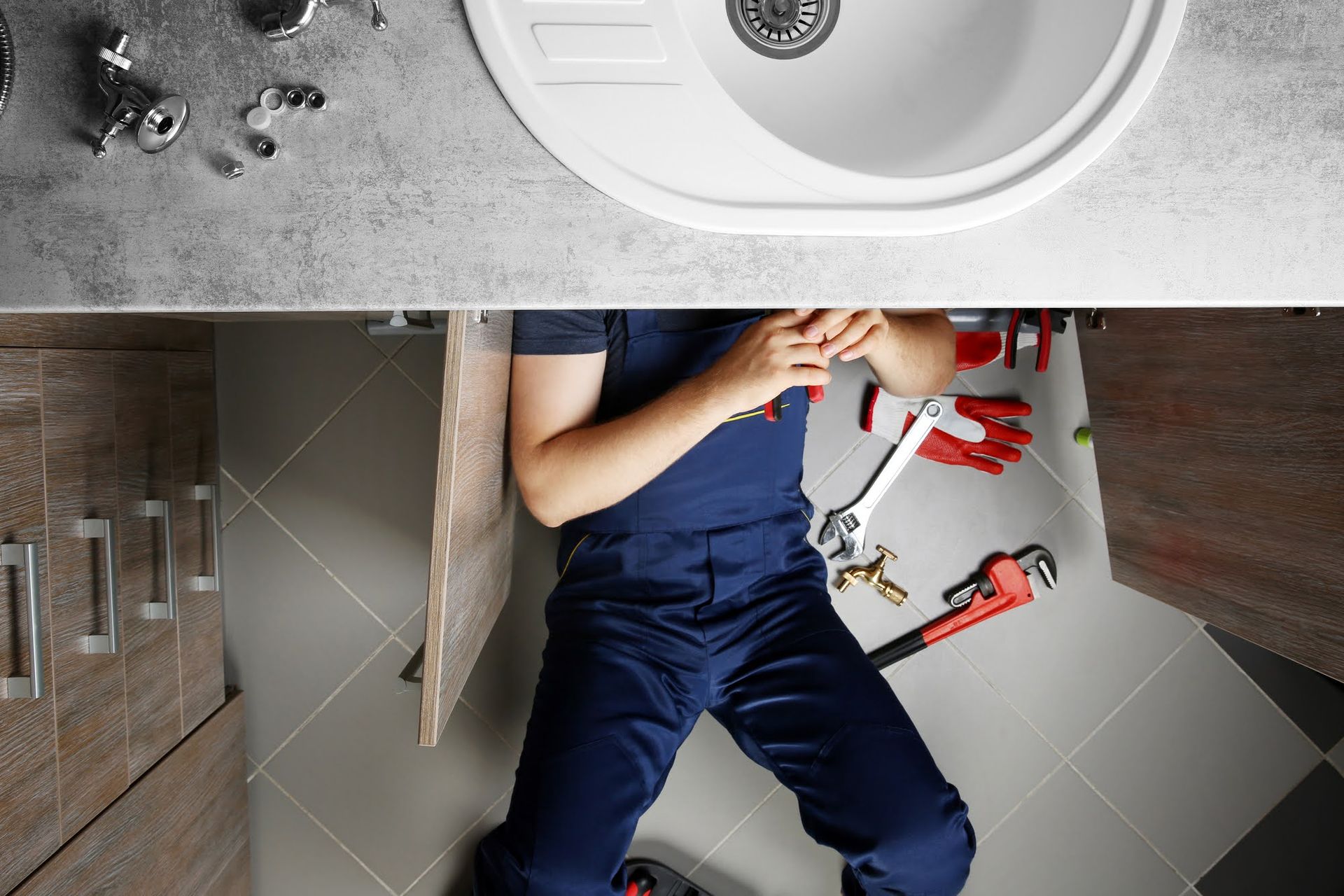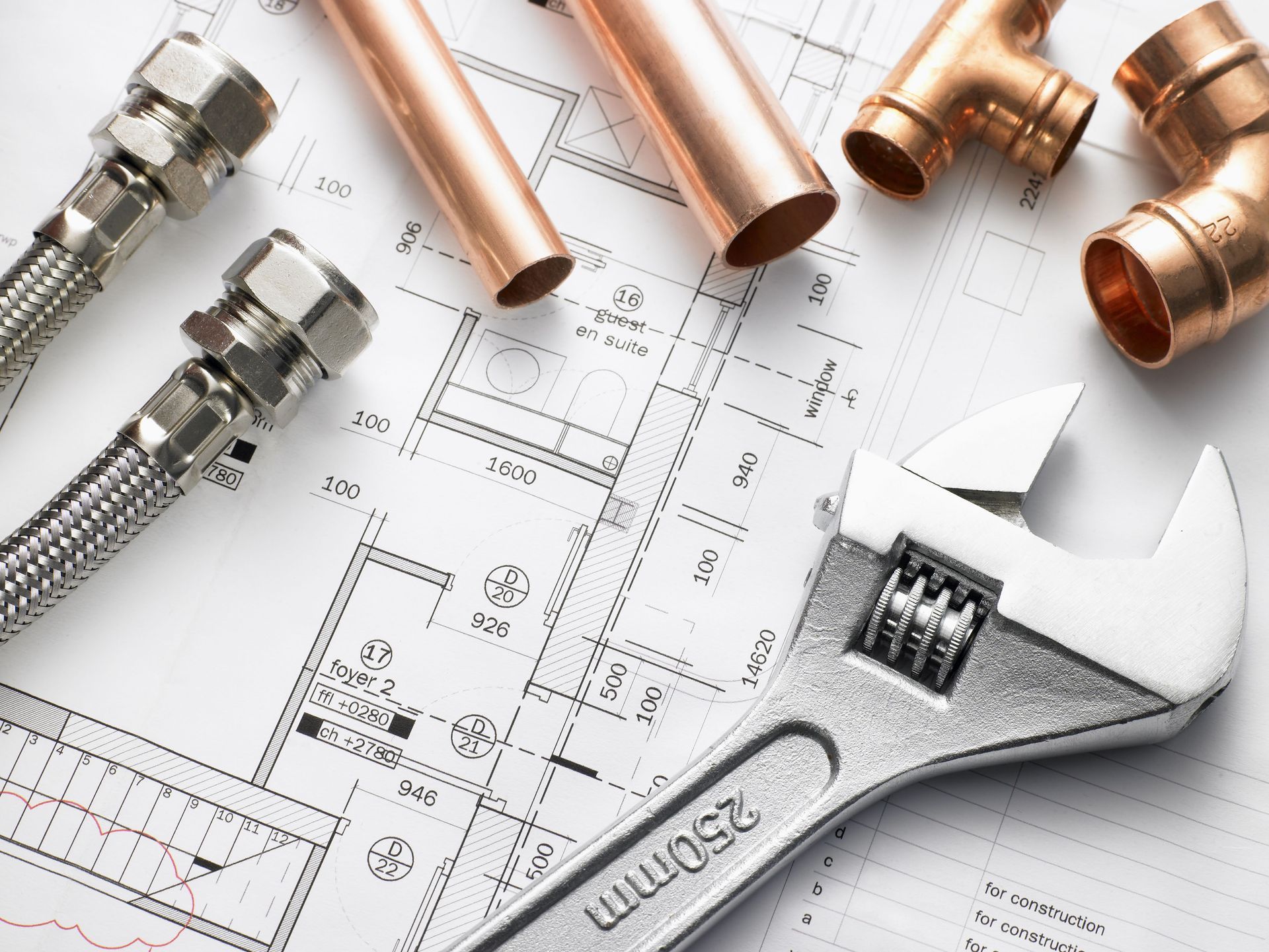Debunking Common Plumbing Myths
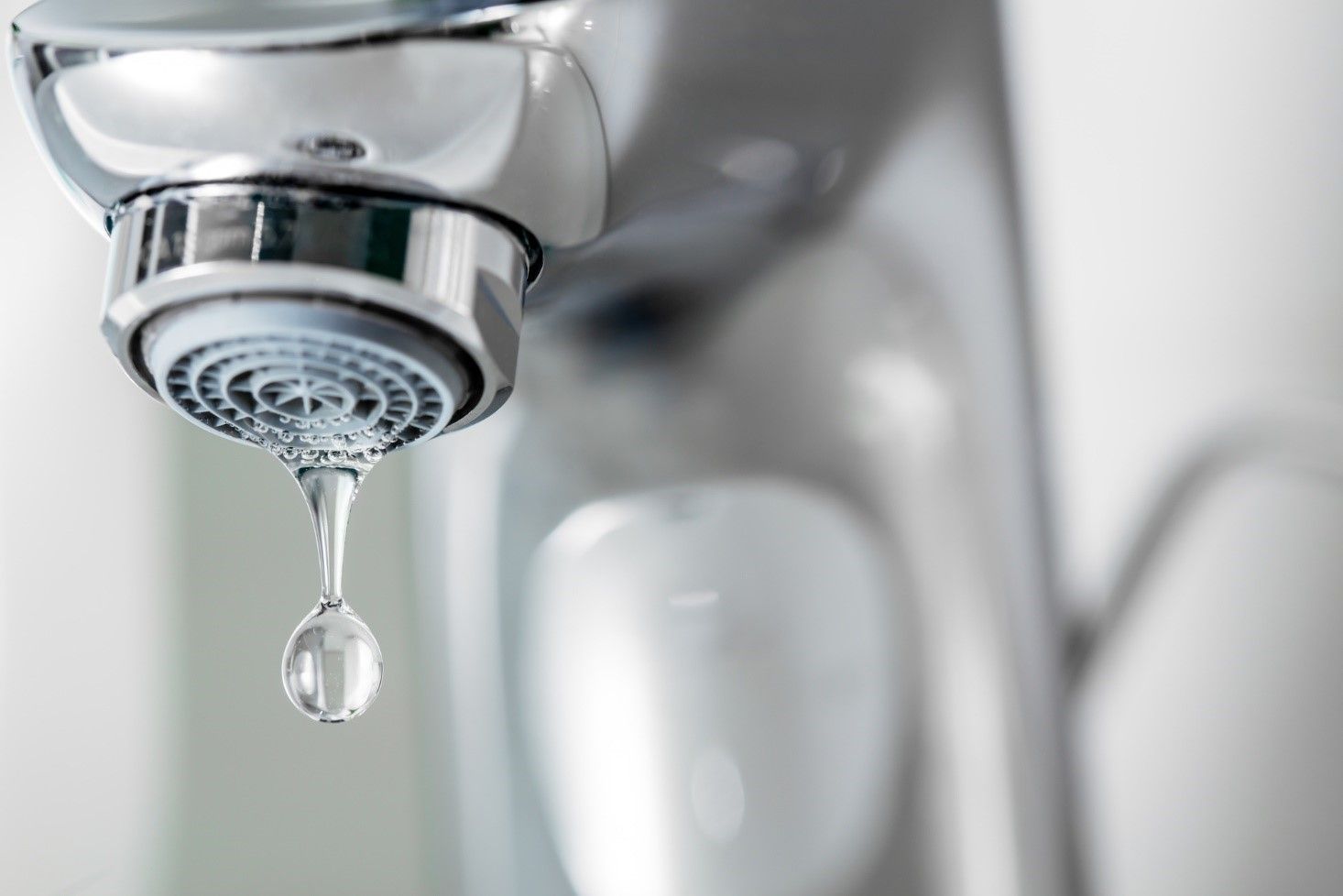
Plumbing is essential to our daily lives, providing comfort and convenience we often take for granted. However, with this convenience comes a slew of myths and misconceptions that, if believed, can lead to costly repairs and potential damage. This blog post will unravel some of the most common plumbing myths, illuminating the truth behind these widely held misconceptions.
Ice Cubes Will Sharpen Garbage Disposal Blades
Some believe tossing ice cubes down the drain will magically sharpen the blades. In reality, garbage disposals don't have blades in the traditional sense; instead, they have impellers that crush and grind food particles.
While ice cubes can help clean the disposal and remove debris, they won't sharpen anything. The best way to maintain your garbage disposal is to use cold water and citrus peels regularly. The cold water helps keep oils and fats in a more solid state, preventing them from accumulating in the pipes.
Hot Water Melts the Grease to Prevent Clogs
While it's true that hot water can temporarily break down grease, the reality is that the grease can solidify further down the drainpipes, contributing to blockages. Instead of relying on hot water, it's best to dispose of grease by allowing it to cool and throwing it in the trash. This way, you can prevent grease-related clogs and ensure the smooth flow of water through your pipes.
Drain Cleaners Are Safe and Effective
Commercial drain cleaners are often marketed as miracle solutions for clogged pipes. However, these harsh chemicals can corrode pipes over time, leading to more significant issues. Moreover, they pose health risks and can harm the environment.
Mechanical methods like plungers or augers are safer and more effective for clearing clogs without causing long-term damage. Regular maintenance and preventative measures are the key to a healthy plumbing system, rather than relying on chemical solutions.
Flushable Wipes Are Flushable
Wipes, including baby wipes and cleaning wipes, don't disintegrate as quickly as toilet paper, even if they are labeled "flushable". They can accumulate in the plumbing system, causing blockages and sewer backups.
To avoid costly plumbing issues, it's crucial to dispose of wipes in the trash rather than flushing them down the toilet. Being mindful of what goes down your drains is essential for maintaining a smooth-running plumbing system.
A Plunger Can Fix Any Clog
While a plunger is a handy tool for minor clogs, it's not a universal solution. Some blockages may be more severe and require professional attention. Using excessive force with a plunger can also damage pipes, leading to leaks. If plunging doesn't resolve the issue, it's wise to consult a plumber for a thorough inspection and proper solution.
A Dripping Faucet Isn't a Big Deal
A dripping faucet may seem minor, but it can waste significant water over time. Beyond the environmental impact, it can also lead to higher water bills. A persistent drip can also indicate underlying issues with the faucet or plumbing system that may worsen if neglected.
A Brick in the Toilet Tank Can Save Water
The idea of placing a brick in the toilet tank to reduce water usage is outdated and can cause more harm than good. Modern toilets are designed to use a specific amount of water for optimal flushing. Altering this balance can result in inefficient flushing and potential clogs. Consider using a water-saving toilet or installing a dual-flush system to save water. Upgrading to water-efficient fixtures is a more effective and environmentally friendly approach to reducing water consumption.
Plumbers Are for Problems After They Happen
Many homeowners believe that plumbers are only necessary for emergencies or after a problem occurs. In reality, scheduling regular plumbing maintenance can prevent issues from arising in the first place.
Michigan Plumbing can identify potential problems, perform necessary repairs, and offer valuable advice on maintaining a healthy plumbing system. Contact us today to book an appointment.

